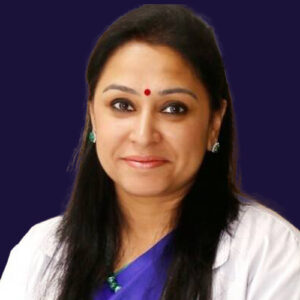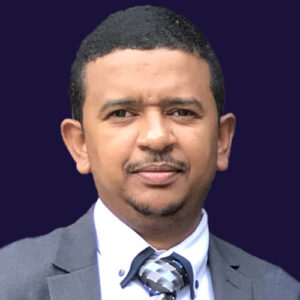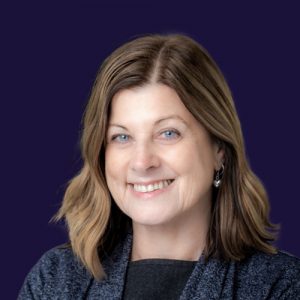Join a powerful, unprecedented alliance for better eye health for all.
Join IAPB-
Choose an alternate language here
Globally, women face more barriers in accessing health care. Although women make up 70% of the health workforce, they hold only 25% of senior roles. We know that under-representation of women in decision making positions limits the acceptability of services for women, further exacerbating the gap in access and uptake of services.
Health systems will be stronger and outcomes more equitable when the women who deliver them have an equal say in the design of national health plans, policies and systems. Stakeholders at every level have a role to play in the path towards a more equitable future: in how people access services, how they are delivered, by whom and who is making decisions around such activities and resources distribution.
A recent report by the WHO found that ‘women who deliver global health and yet men lead it. Health systems will be stronger when the women who deliver them have an equal say in the design of national health plans, policies and systems’. Continued unequal health outcomes and structural gender inequity will persist if women’s perspectives are not included more intentionally in planning, policymaking and programming.
By applying an intersectionality lens – the way factors such as race, class, gender, and other identities combine to affect lived experiences differently – we can ensure we illuminate, track and monitor inequities in eye health.

Professor Matthew Burton is the Director of the International Centre for Eye Health, based at the London School of Hygiene & Tropical Medicine (LSHTM) and is a Wellcome Trust Senior Research Fellow. He leads a large international research group of clinicians and scientists, working to improve eye health in low- and middle-income countries. He has worked in the field of global eye health since 2000. He is an Honorary Consultant Ophthalmologist at Moorfields Eye Hospital, London. He is the co-chair and lead author of the Lancet Global Health Commission on Global Eye Health. He has published 230 scientific papers, mostly related to ophthalmology and eye health.

Dr Swati Tomar is Professor & Unit Head in Department of Ophthalmology, NIMS Medical College, Jaipur; and Honorary Director, SwaNetra Eye hospital at Jaipur, India. She has a Masters in Ophthalmology from J N Medical College, Aligarh, India and did her Fellowship in Cornea and Anterior Segment Services from L V Prasad Eye Institute (LVPEI), Hyderabad. She worked as Adjunct Faculty at LVPEI. Dr Tomar is also an Honorary Medical Director, Eye Bank Society of Rajasthan, Jaipur, India for last 15 years which is a unique Community Eye bank. She is involved in various government projects to eliminate blindness.

Tesfaye Haileselassie Adera is the global technical lead for eye health in Sightsavers for the ECSA region and the president of the ophthalmological society of Ethiopia. He is also a counsel member in COECSA as well as a fellow of COECSA. Tesfaye completed medical school from Addis Ababa University, Medical college in 1993 and also his post graduation in ophthalmology. He worked with Orbis International first as a programme manager in Southern Ethiopia and later on-board the Flying Eye Hospital as a staff ophthalmologist.

The Fred Hollows Foundation and Chair, IAPB Gender Equity Work Group
Jennifer has extensive experience working in government and the not for profit sector, leading a wide range of social marketing campaigns aimed at raising awareness, changing behaviour and influencing key decision makers. She has worked across the health, disability and international development sectors and has a reputation for fostering collaboration and delivering results by applying innovative strategic approaches to advocacy.
Under Jennifer’s leadership, Vision 2020 Australia was transformed from an aspiring peak body to a highly respected and successful organisation with a reputation as an international leader in the eye health and vision care sector.